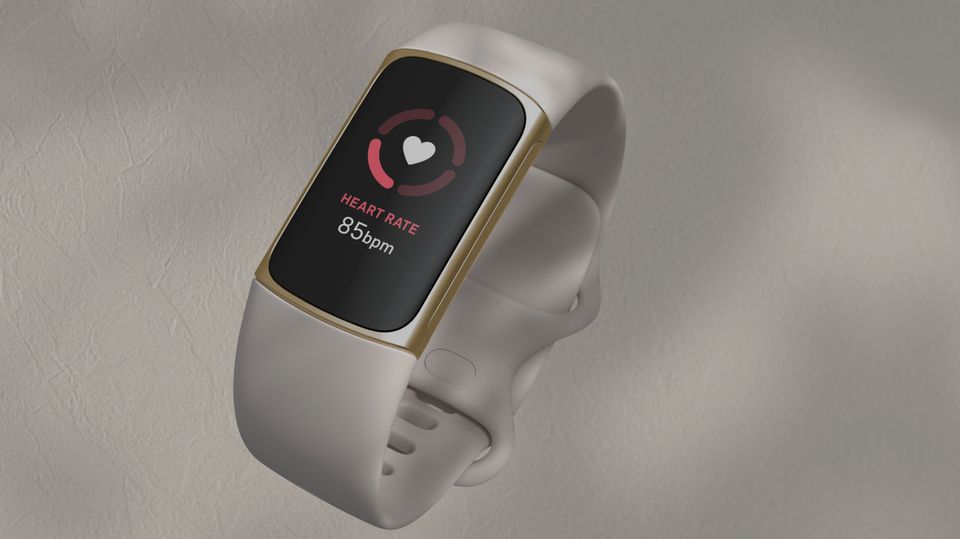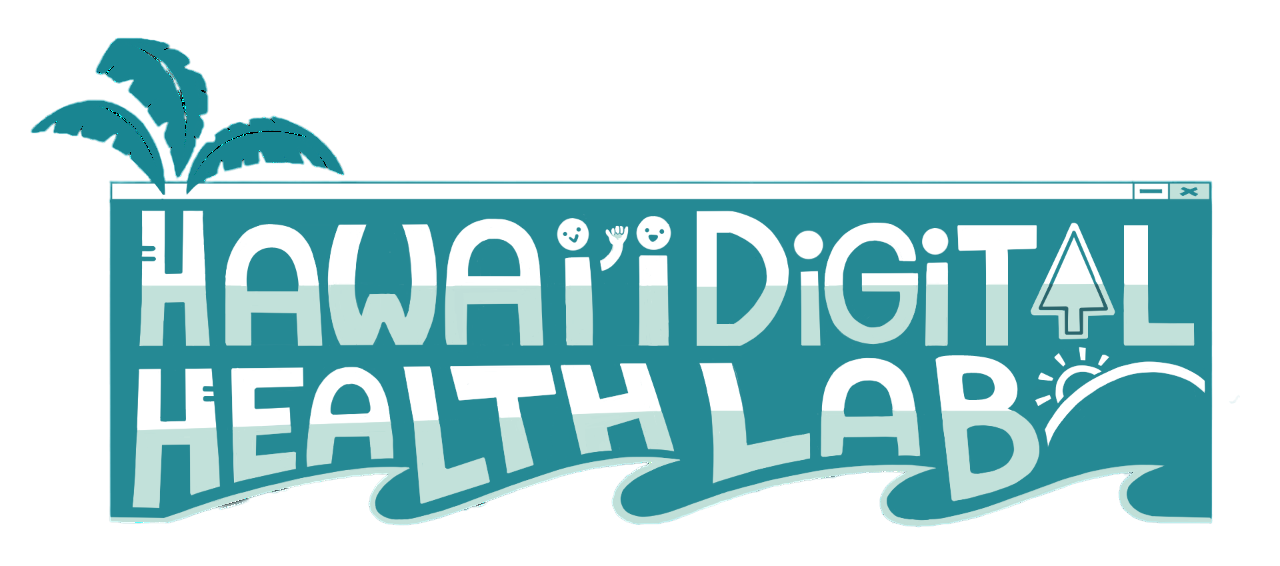Funding from the Center for Pacific Innovations, Knowledge, and Opportunities (PIKO)

The Hawaiʻi Digital Health Lab has been approved by the peer review committee for funding from the Center for Pacific Innovations, Knowledge, and Opportunities (PIKO) to support a project in partnership with the Hawaiʻi Health and Harm Reduction Center, a researcher at Kaiser Permanente, and the Department of Psychiatry at JABSOM to build AI-powered digital interventions for methamphetamine (meth) abuse. PIKO is funded by the NIH/NIGMS.
Meth abuse is highly prevalent in Hawaiʻi, especially among Indigenous Pacific People (IPP). The National Institute on Drug Abuse (NIDA) has updated their Strategic Plan to support the development of “mobile sensing strategies as biomarkers for drug taking, recovery, and relapse risk”. The AI developed in this project will support the development of digital meth interventions for IPP in Hawaiʻi while elucidating feasibility and challenges with digital health monitoring of indigenous populations.
The Hawaiʻi Digital Health Lab has developed a personalized AI methodology which requires only a small number of labels (e.g., raw self-reported substance use data) from a single individual, and our preliminary data support the utility of this method on publicly available datasets. However, this method requires participants to still provide some labels of their meth use events, and it is unclear how IPP will respond to this precondition. Our specific aims are to (1) understand the feasibility of continuous remote FitBit monitoring and ecological momentary assessments (EMAs) in IPP populations in Hawaiʻi and to (2) develop personalized AI models which predict meth craving events in real time using wearable sensor data. We expect to develop models which significantly outperform traditional supervised methods by fine-tuning to each individual subject’s data. Such methods will enable AI solutions which work with the limited data available from IPP populations and which are inherently unbiased due to their personalized nature.
The PIKO website describes the center as follows:
Through funding from the Institutional Development Award Networks of Clinical and Translational Research (IDeA-CTR), the Center for Pacific Innovations, Knowledge, and Opportunities (PIKO) has been established to foster the development and to facilitate the implementation of innovative and evidence-based clinical and translational (CTR) projects aimed at improving the health of Indigenous Pacific People (IPP, defined as Native Hawaiians, Pacific Islanders and Filipinos) and other underserved populations in Hawaiʻi. The PIKO collaborative, which represents a partnership between the University of Hawaiʻi (UH), Hawaiʻi Pacific University (HPU), Chaminade University of Honolulu (CUH), and a large statewide network of 18 practice-based organizations (PBO) and other community-based organizations (CBO), will develop new and leverage existing resources to ensure real-world impact.

Member discussion